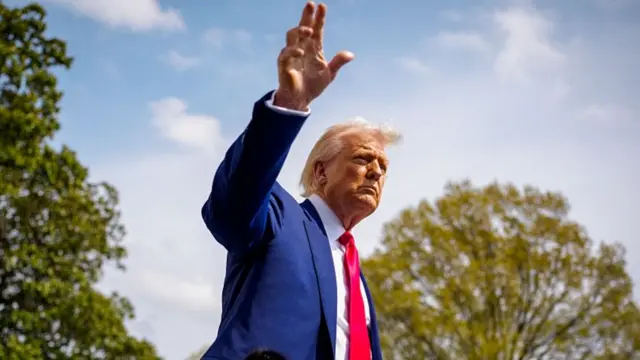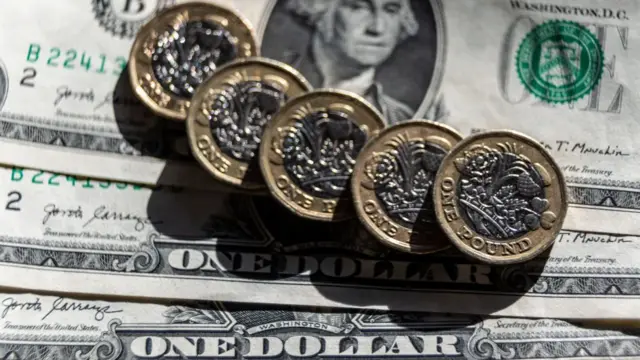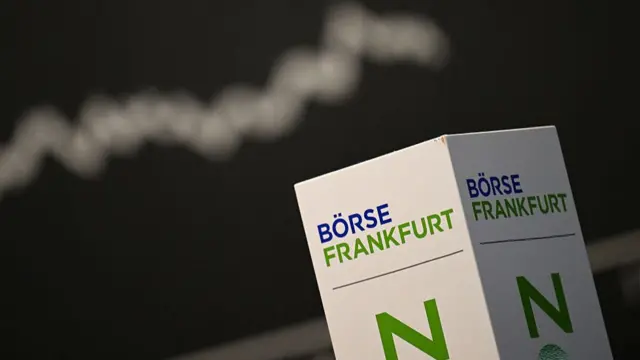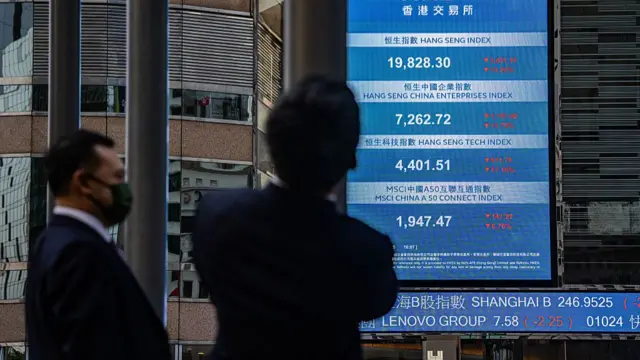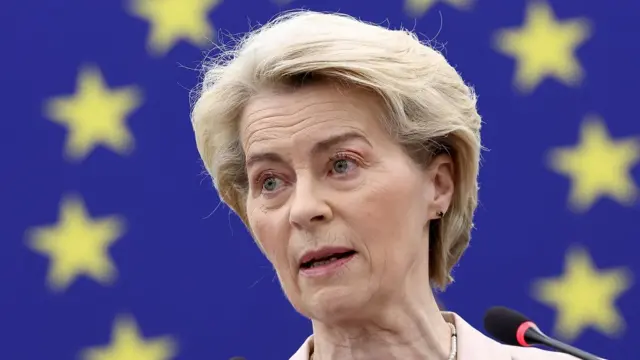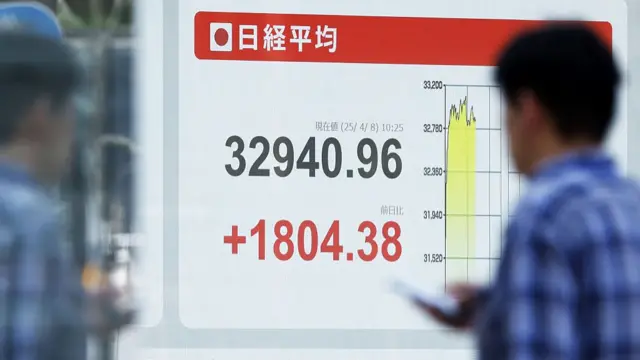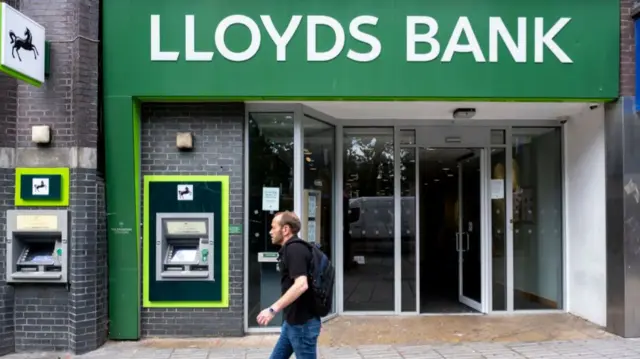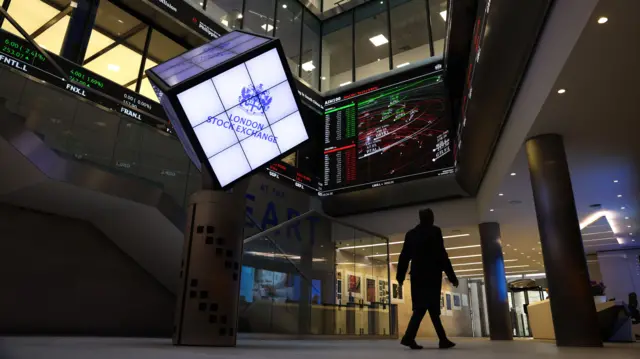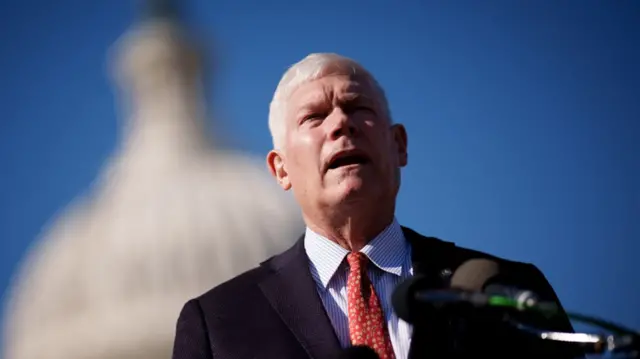UK-US discussions focused on barriers to trade, Reeves sayspublished at 12:02 BST 8 April
Shadow chancellor Mel Stride, speaking in the Commons, asks Reeves what areas beyond tariffs are being discussed as part of negotiations with the US.
Reeves says while the government is discussing a range of different topics with the US, she clarifies that the focus is on reducing tariff and non-tariff barriers to trade, with a particular focus on sectors that are subject to higher tariffs, such as cars.
“Although 10% tariffs are lower than many countries around the world, and we welcome that, the additional tariffs on cars, steel, and potentially on life sciences pose a real challenge to our country because those are some of our biggest export markets,” she says.
